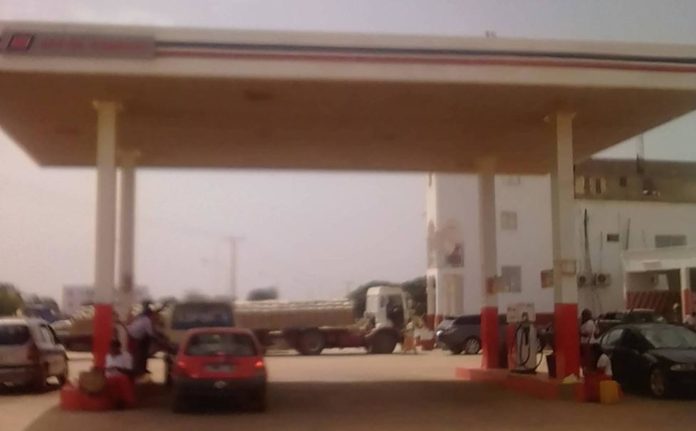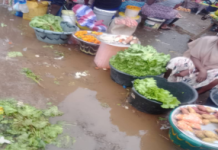By Awa B. Bah and Kebba Secka
The pump price of fuel in The Gambia has been on the increase. The pump price of fuel has been increasing from D42 to D45.50 per litre in October 2017, despite a 40 percent decrease in price of crude oil at the time as acknowledged by the Minister of Transport. It was further increased to D48.16 in December 2017 and now it is being sold over D50 per litre.
When these reporters visited some filling stations such as Jah Oil, Petro Gas and Speed in the Greater Banjul Area, it was discovered that the price for petrol and gas oil were sold at different prices.
At a Petrol Gas filling station in Churchill’s Town, the price for petrol is sold at D53.33 per litre and gas oil at D52.40. At Jah Oil, petrol is sold at D51.40 per litre and gas oil at D51.33. At Speed filling station in Yaram Mbaba, petrol is sold at D52.40 and gas oil at D49.15 per litre.
The reason why fuel prices keep increasing in The Gambia remains unknown. Attempts were made to engage officials at the Ministry of Transport, Works and Infrastructures to find out as to what is responsible for this upward trend in the prices of fuel but to no avail.
It could be recalled that the ministry of transport, works and infrastructure in 2017 disclosed that there has been a significant reduction in the pump price of fuel in the Gambia, since 2013. The pump price for diesel he said, went down from D56.7 to D42 over a four year period. According to the Minister, the initiative of fare reduction was geared towards complementing the efforts of the new government in ensuring that basic services are affordable in a fair manner.
A commercial driver has raised concerns over the recent and sudden increase in fuel price. Most of the drivers who spoke to Foroyaa expressed disappointment in the authorities. They argued that increment in fuel prices should be critically determine as a criterion for fixing transport fares because prices of basic human needs, engine oil, brake fluid, spare parts and other petroleum products remained the same in the market. “I cannot pick four passengers from Tabokoto to Westfield for only D28,” said a taxi driver.
The drivers remarked that they are working to take care of their families and take home something at the end of the day. They said that government should not force the commercial drivers to reduce fares while they increase fuel prices when government cannot even provide good roads.
Foroyaa will make further attempts to get the opinion of the authorities on this issue.



















